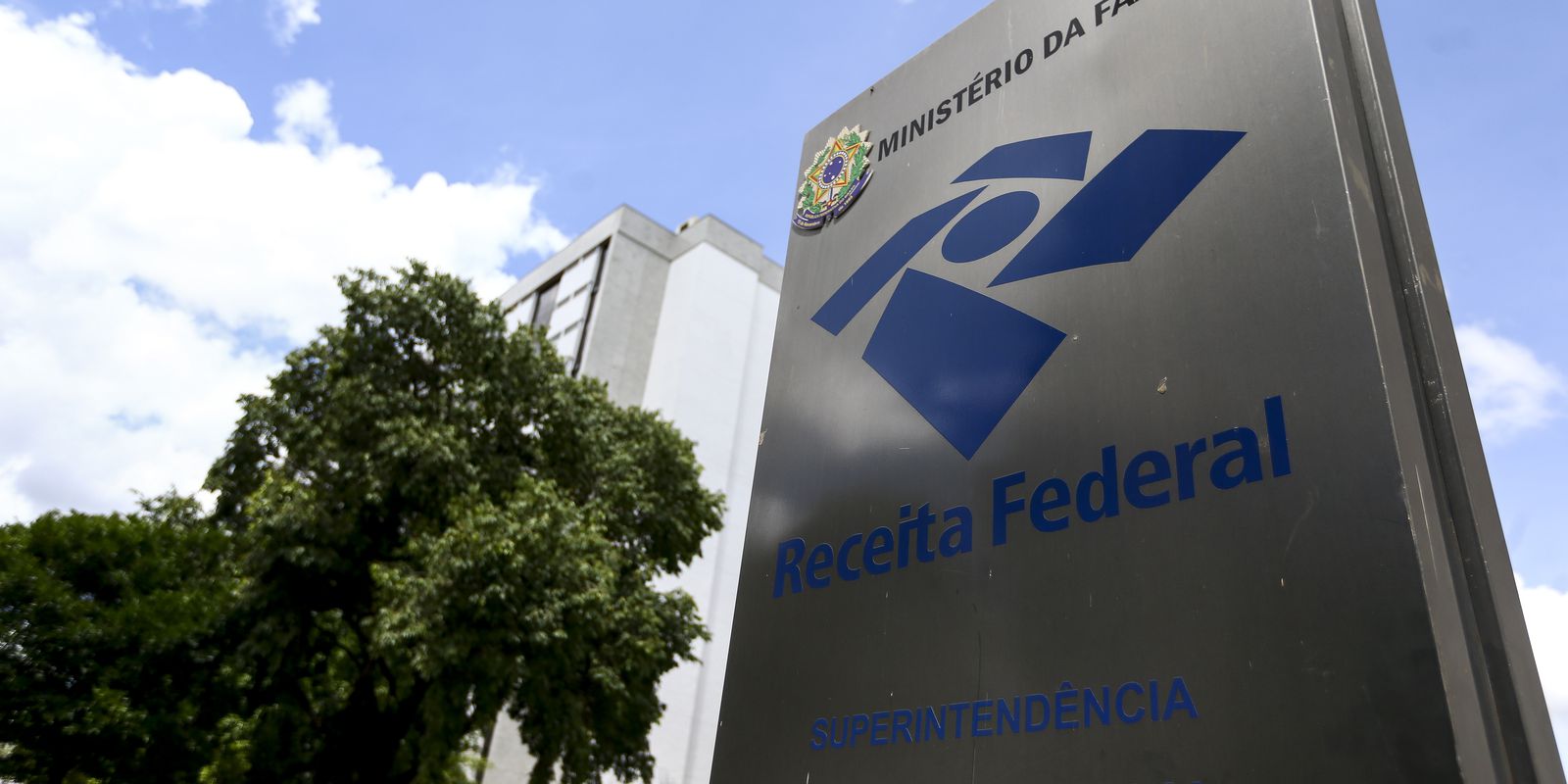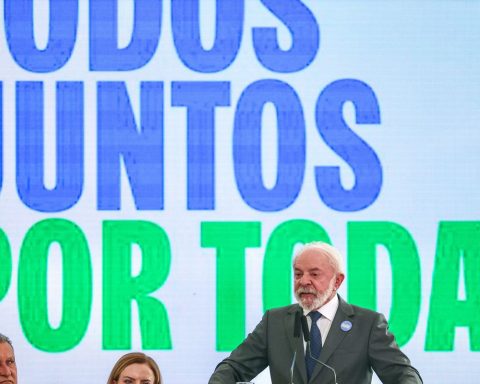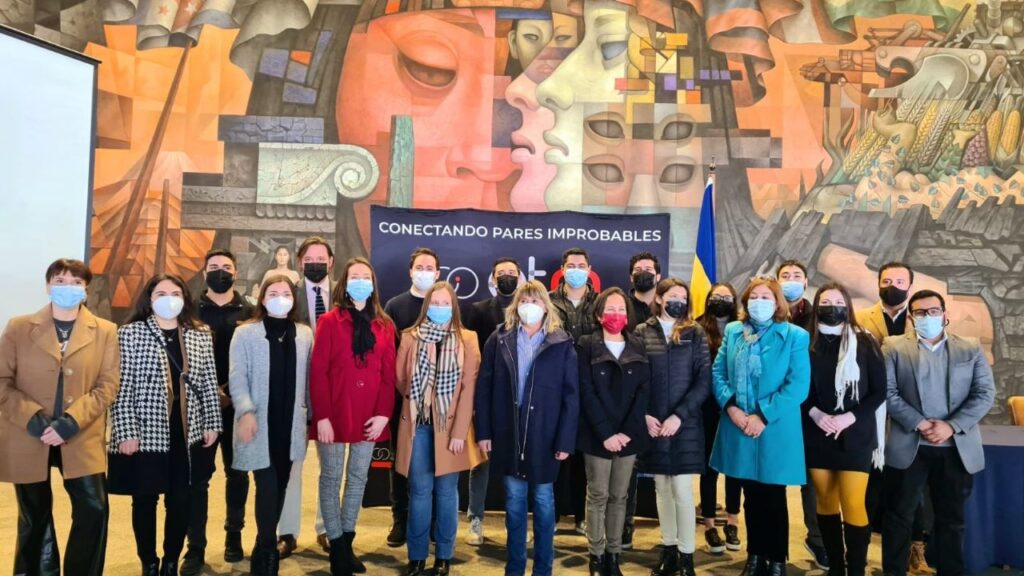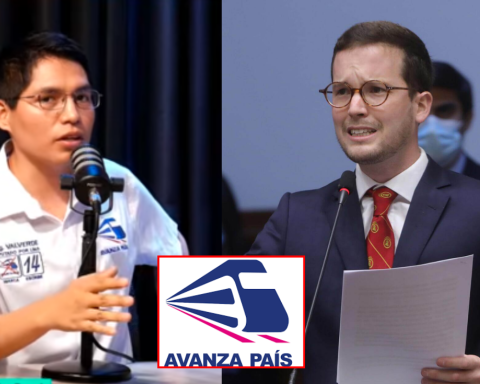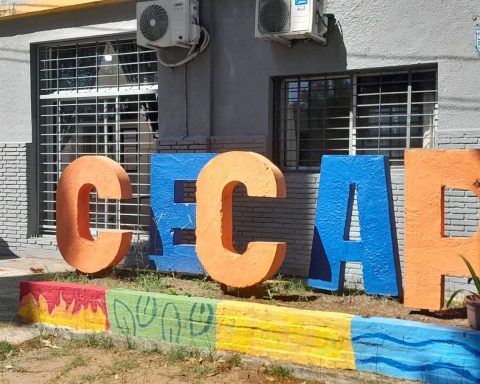As of September 1, taxpayers with large debts with the Federal Revenue will be able to renegotiate debts with up to 70% discount. The Federal Revenue published today (12) the concierge which will increase the benefits for those who want to pay up to R$ 1.4 trillion in tax debts that are not yet under judicial challenge.
The ordinance extended to the Federal Revenue the modality of renegotiation called tax transaction, a mechanism created in 2020 to facilitate the installment of debts of companies affected by the covid-19 pandemic. Until now, only the Attorney General’s Office of the National Treasury (PGFN), the body that collects debts with the government in court, has granted this possibility on a regular basis. The IRS launched negotiations in this model, but in special cases.
The expansion of the tax transaction had been announced on Tuesday (9) by the Minister of Economy, Paulo Guedes, in event with entrepreneurs from the bar and restaurant sector. At the time, he said that sectors such as commerce, services and events would have the same facilities to renegotiate debts as other segments affected by the pandemic.
The extension of the tax transaction to the Federal Revenue was authorized by the Law 14,375/2022, sanctioned in June by President Jair Bolsonaro. With the ordinance that regulated the law, the Revenue will be able to issue special notices for debt renegotiation and suggest agreements with large debtors.
Changes
For the general public, the maximum discount for debt renegotiation increased from 50% to 65%, and for companies (of all sizes), individual microentrepreneurs (MEI), micro and small companies from Simples Nacional and Santas Casas de Misericórdia , the discount can be up to 70%.
The installment period was also extended. For the general public, it went from 84 months (7 years) to 120 months (10 years). For companies, MEI, micro and small companies of Simples Nacional and Santas Casas de Misericórdia, the term may be extended for up to 145 months (12 years and 1 month). Only the installment of social contributions was maintained at 60 months because the term is determined by the Constitution.
Tax debtors not yet registered in active debt may submit an individual transaction proposal to the Tax Authorities. Even those who question the debt at the administrative level or who had a definitive unfavorable administrative decision.
For the time being, only taxpayers who owe more than R$10 million to the Tax Authorities will be able to present the individual proposal as of September. In the coming weeks, the Revenue should publish a notice for the tax transaction of small debts.
The Revenue will define the size of the benefits according to the taxpayer’s ability to pay. Those who have more payment difficulties will have bigger discounts and longer terms.
Rebates and amortizations
Companies will be able to use the Corporate Income Tax (IRPJ) tax losses and the negative calculation base of the Social Contribution on Net Income (CSLL) to deduct the remaining balance of debt after discounts by up to 70%. Normally, companies that have losses can deduct part of the IRPJ and CSLL in the payment of both taxes in the years in which they record profits.
The ordinance also allows that receivables (government debts with taxpayers definitively recognized by the Courts) or credit rights, determined by final and unappealable judgments (which are no longer subject to judicial appeals), can amortize the tax debt, both the principal and such as fines and interest.
Target Audience
The individual transaction is intended for the following taxpayers:
– tax payer with tax administrative litigation of more than R$10 million;
– bankrupt debtors, in judicial or extrajudicial recovery, in judicial or extrajudicial liquidation or extrajudicial intervention;
– federal agencies, foundations and public companies;
– states, Federal District and municipalities and respective public law entities of indirect administration.
benefits
maximum discounts
– went from 50% to 65% for the general public;
– up to 70% for companies, MEI, micro and small companies of Simples Nacional and Santas Casas de Misericórdia.
deadlines
– number of installments increases from 84 to 120 months for the general public;
– up to 145 installments for companies, MEI, micro and small companies of Simples Nacional and Santas Casas de Misericórdia.
rebates
– IRPJ tax loss and the negative CSLL tax base may be used to deduct the remaining balance by up to 70% after discounts;
– precatories and other government debts with the taxpayer that are final and unappealable may amortize the principal amount, fine and interest on the tax debt.
